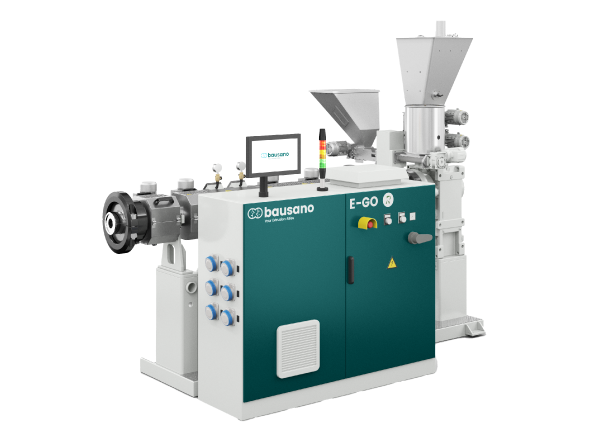Brief summary
Thanks to their versatility and high resource efficiency, plastics have become key materials in strategic sectors such as packaging, building and construction, transportation, medical devices and many more. Lots of products or solutions that we take for granted could not exist today without these materials.
The European plastic industry employs more than 1.5 million people distributed over 60,000 companies and generates a turnover of approximately €350 billion. European internal demand for plastic amounts to 50 million tons per year and it will grow in the future. Packaging (39.6%) and building & construction (20.4%) represent by far the largest end-use market. The automotive industry follows with a 9.6% share.
Production and consumption of HDPE and PP in the plastic recycling market
According to Eurostat, net demand for HDPE in 2019 was 6.2 Mt, while net demand for PP was 10.5 Mt. Together, these polymers’ resins account for almost a third of all converter demand in the EU market. Europe almost produces enough to cover its internal demand – 92% for HDPE and 98% for PP. Only a small part comes from recycling, 8% and 3% respectively for HDPE and PP.
An increase in this capacity is only possible if the collection of waste for recycling is enhanced, both quantitatively and qualitatively, by implementing advanced collection, selection and treatment technologies.
Boosting the EU’s plastic recycling market’s capacity depends on maximizing a collection aimed at recovering plastic waste and simultaneously on increased use by processors of recycled plastics in the production of finished goods.
Increasing the use of secondary raw materials by converters can be achieved through free-market logic supported by certain regulatory tools. This strategy could allow existing and new actors to start significant investments in collection and sorting that are the key to unlock future investments in the rigid polyolefin recycling field.
Making rigid polyolefin fully circular also depends on ensuring a product is fully and readily recyclable. This will maintain the highest value of the material at its end-life and will also make the recycling process more cost-effective.
Furthermore, meeting the EU’s circular economy and environmental targets will reduce the carbon footprint of the corresponding products by more than 30% and reduce landfill waste volume by 50%.
Future state of the plastic recycling market
Demand for HDPE and PP is likely to continue growing, with increasing demand for plastic packaging and increasing use of technical plastics in place of metals, for instance in the automotive industry or building sector.
The medium-term scenario sees the recovery of the use of regenerated plastics by the European processing industry.
- At the European level, while the plastic strategy has, on the one hand, put in place a ban on a number of single-use items (through the UAS Directive) and set targets for reducing the consumption of plastic packaging, on the other hand it has confirmed challenging recycling targets, such as 55% of post-consumer plastic packaging to be recycled by 2030.
- The most challenging target remains incorporating at least 10 million tons, on an annual basis, of recycled plastics into the plastic products produced in Europe by 2025;
- The re-introduction into the production cycle of all the different types of plastics, from processing industry waste managed as by-products to pre-consumer waste and post-consumer waste from urban collection, helps to increase the circularity of plastics.
- An increase in the availability of post-consumer recyclates with consistent quality and adequate technical characteristics is expected.
Despite the persistence of some obstacles in the plastic recycling market, the context remains favorable to the development of recyclates. The next step that would be hoped for would be some form of incentive, even diversified according to the complexity of closing the circle and allowing for clarity between the different types of material: from bureaucratic simplification and recognition of the environmental value of by-products to a strong economic incentive for post-consumer plastics that are difficult to recycle from urban separate collection, as already proposed in various working tables.
_610412960c946.jpg)



